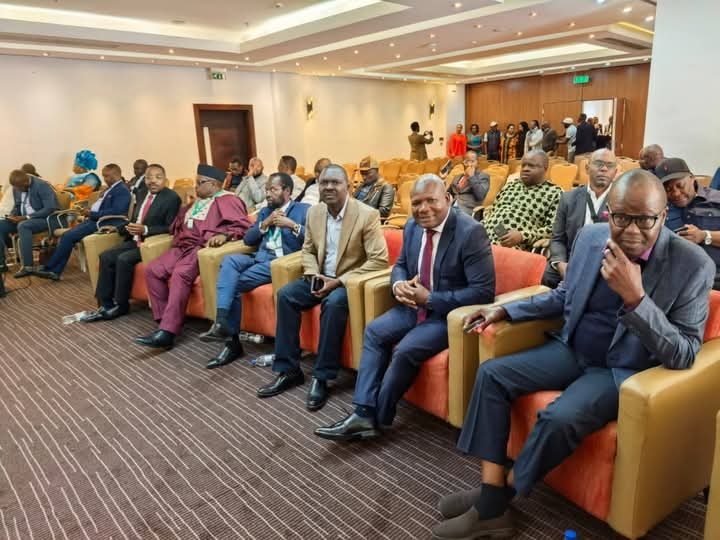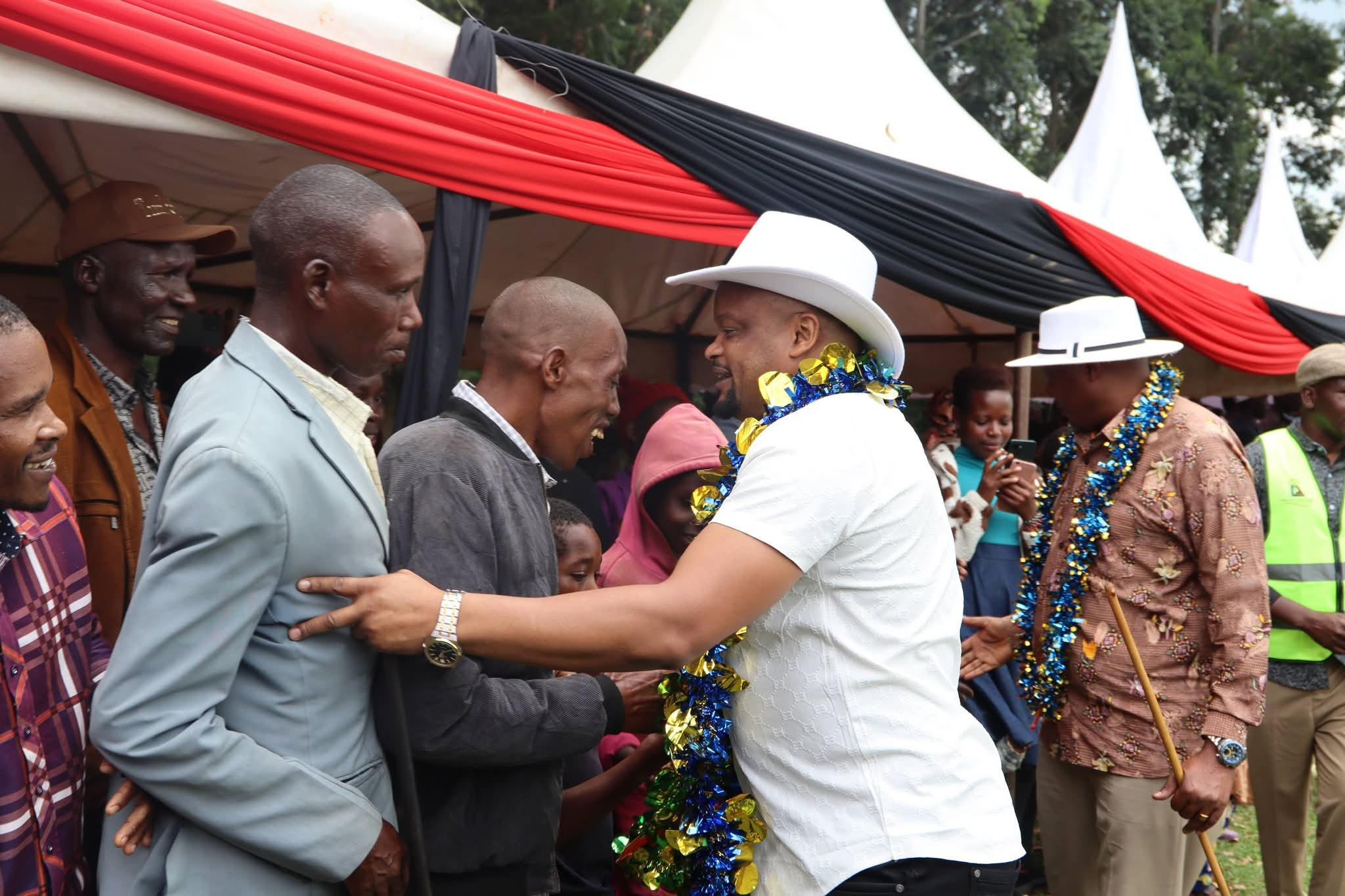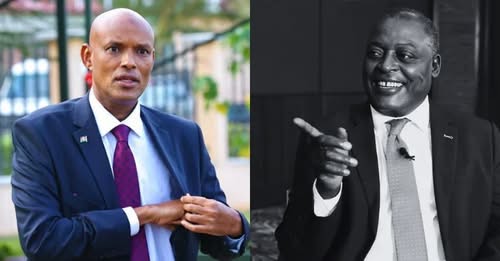Beyond Tribe and Loyalty - Critical Thinking, Sycophancy, and Kenya’s “Educated Illiterates”

Dr. Chuba Okadigbo’s assertion that education becomes meaningless when tribal, religious, or political loyalties supersede truth and justice resonates deeply in Kenya. The country’s political landscape, marred by ethnic patronage and sycophancy, reveals a paradox: a growing class of educated professionals who prioritize partisan allegiance over critical thought. Labeled “educated illiterates,” these individuals exemplify Okadigbo’s warning, perpetuating cycles of corruption, inequality, and democratic backsliding. In this article, I will delve into how tribalism, a flawed education system, and institutionalized sycophancy undermine Kenya’s development, despite its educated elite.
Kenya’s tribal politics trace back to colonial divide-and-rule tactics, which fragmented communities into competing ethnic blocs. Post-independence leaders like Jomo Kenyatta and Daniel arap Moi entrenched this system, rewarding loyalty from their Kikuyu and Kalenjin bases with state resources. Opposition parties, such as Oginga Odinga’s Kenya People’s Union, were branded as tribal insurgents, cementing ethnicity as the primary political identity.
The 2007–08 post-election violence, which killed over 1,200 people, exposed the lethal consequences of tribal allegiance. Despite constitutional reforms in 2010 promoting devolution and inclusivity, elections remain ethnically charged. The 2017 and 2022 contests between Uhuru Kenyatta, Raila Odinga, and William Ruto saw educated elites weaponizing ethnic narratives, such as the Kikuyu “Uthamaki” (destiny) or Luo “Agwambo” rhetoric, reducing politics to a zero-sum game.
Sycophancy—blind loyalty to political patrons—thrives among Kenya’s professionals. Lawyers, academics, and bureaucrats often defend corrupt leaders to secure appointments or contracts. For instance, during the National Youth Service (NYS) scandals, accountants and engineers facilitated the theft of billions of shillings, while legal professionals delayed prosecutions.
Media personalities and influencers with degrees amplify partisan propaganda, framing criticism as “betrayal” of one’s community. In 2023, a university lecturer faced backlash for condemning a tribal-based land allocation scheme, highlighting the pressure to conform. This sycophancy reflects a patronage system where loyalty, not merit, dictates advancement.
Kenya’s 8-4-4 and Competency-Based Curriculum (CBC) emphasize rote memorization over analytical skills. Students learn to regurgitate facts for exams, not question societal structures. Universities, reliant on government funding, avoid “sensitive” topics like electoral justice or historical corruption. Graduates emerge with technical skills but lack the tools to challenge injustice.
Civic education is sidelined, leaving many unaware of constitutional rights. Professionals in law, medicine, and engineering rarely engage in public discourse, fearing reprisals. As Okadigbo noted, such education is “useless” if it cannot foster ethical reasoning.
The educated elites have failed Kenya in many ways-
- The Building Bridges Initiative (BBI): Promoted as a unity project, the BBI was criticized as a power-sharing deal between Kenyatta and Odinga. Legal scholars and economists who questioned its fiscal implications were branded “traitors” by pro-BBI academics.
- COVID-19 Looting: During the pandemic, medical professionals remained silent as officials embezzled funds meant for PPE, prioritizing job security over public health.
- 2022 Elections: Tech experts endorsed flawed electoral tech systems, dismissing evidence of irregularities to align with their political camps.
Tribal sycophancy alienates minorities, fuels corruption, and diverts resources from development. Kenya loses $6 billion annually to graft—funds that could build schools and/or hospitals. Polarized elections deter foreign investment, while talented professionals flee abroad, creating a “brain drain.”
What are pathways to Reform?
- Curriculum Overhaul: There is need to integrate critical thinking and civic education at all levels.
- Institutional Accountability: Strengthening of bodies like the Ethics and Anti-Corruption Commission (EACC) to prosecute elites is critical.
- Grassroots Movements: The support civil society organizations like Siasa Place to educate citizens on ethical leadership cannot be overemphasized.
- Media Freedom: Investigative journalists are encouraged to hold power to account.
Kenya’s educated elites must choose to perpetuate tribal sycophancy or champion truth and justice. As Okadigbo warned, education without moral courage renders mankind a liability. Only by prioritizing critical thinking over blind loyalty can Kenya transform its “educated illiterates” into agents of progress.
This underscores the urgency of redefining education and loyalty in Kenya’s quest for equitable development.
The writer is an Advocate of the High Court of Kenya and a political analyst







Comments (0)
No comments yet. Be the first to comment!